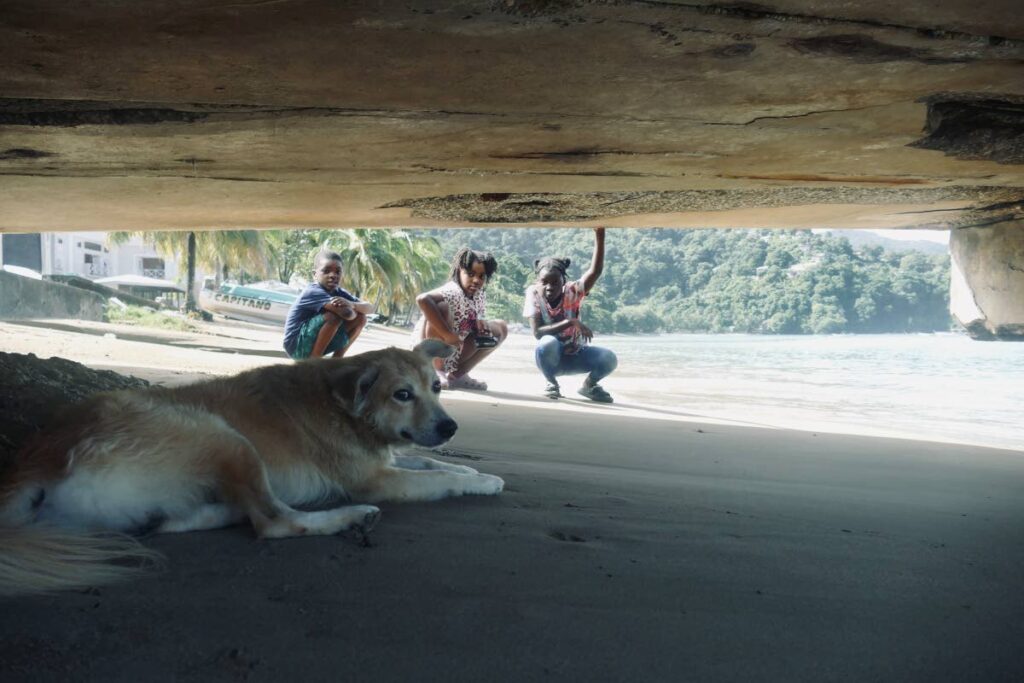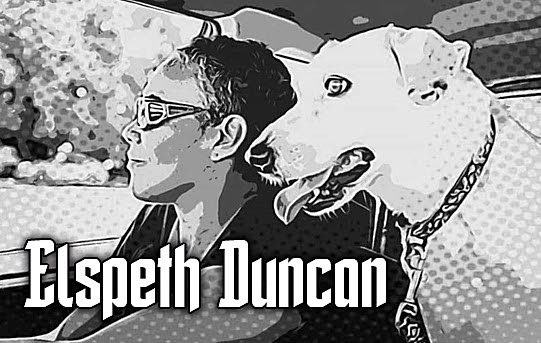Charlotteville tails

In 2005, through a project funded by the British Council, I met someone from the UK who has become a lifelong friend, Rose McCausland (now Long) who was, at the time, a filmmaker using the participatory video (PV) model.
Through Rose, I was introduced to this process, which we used in the work we did that year with select secondary school students in Trinidad and the UK.
A few years later, we embarked on a similar project with female survivors of sex trafficking in Kolkata, India. Each of the groups produced short films that were screened in large formats at MovieTowne (for the TT groups) and Sadlers Wells in London (for the Kolkata group). Seeing their work on the big screen did wonders for their self-esteem and inspired greater visions for many of them.
The PV method involves collaboration with and inclusion of a group or community (often disadvantaged or marginalised) in the various stages of a film’s production.
The PV model is used to give a voice to people who are ordinarily silenced or unheard in some way. Being able to express themselves through a medium such as film/video, which can easily be transmitted to the wider world, they develop confidence and recognise their importance and power as agents of transformation and raisers of consciousness and awareness.
From one of the first groups with which Rose and I worked, two of the young students (from Queen’s Royal College) went on to do film studies – one of them being Steven Taylor, who is currently a multiple-award-winning international director with many “firsts for TT” under his belt – the first USC film MFA graduate and the first special-effects makeup artist with a certificate in animatronics.
Something as seemingly simple as a film project with children can have a profound effect on their creative ambitions and direction in life.
It is easy for children to fall under the wrong guidance and become involved in “bad company.” In Tobago I often see mainly young (and some older) men who daily linger aimlessly on street corners.
What are their ambitions? For some, a life of crime is attractive, for obvious reasons.
In mid-2012 I was in Tobago as the film facilitator at a week-long Environmental Management Authority (EMA) environmental camp held at Footprints Eco Resort, Culloden Bay. Under my guidance, young teens produced a film called Supreme Being. (See Supreme Being Environmental Management Authority 2012 on YouTube.)
A while ago, looking at that five-minute piece after all these years, I was moved. The powerful message endures. We had fun creating that work of art – filming with the video camera I had at the time, and also experimenting with long-exposure still photography by night. The results of the latter can be seen in the credits.

I trained the teens to start thinking symbolically and once they “got it,” they created simple and amazing ways of translating their words into visuals. One of the girls in the group was prayerful and composed the beautiful devotional poem that supports the imagery (all filmed by the youths).
Filmmaking involves creation, focus and direction – all of which are elements of a successful life. As such, the PV experience can be an excellent foundation, with the potential to divert young minds from a life of crime or idleness.
These days many young (and some older) people are into “content creation” and want to be “influencers” on YouTube and TikTok. “This is where I went to lime, this is what I had to eat” seems to be the common template.
What are other ways in which these young people may use cameras to “influence” the world?
I am about to embark on a film project involving some children (aged five-eight) from Charlotteville and their interactions with and efforts to assist disadvantaged animals in their village.
The film crew is small – the children, a production assistant and me.
Under my guidance the children will select disadvantaged animals to assist, while learning to use the camera to capture supporting footage for the film documenting their activism, actions and results.
Charlotteville Tails is a small but important project which can have far-reaching positive and educational influence in an area that matters greatly, yet remains underdeveloped to a large extent in Tobago – animal welfare.
Anyone (individual or small/large company) willing to support this project financially can contact me at elspethbduncan@gmail.com to receive a copy of the proposal.
Thank you.

Comments
"Charlotteville tails"